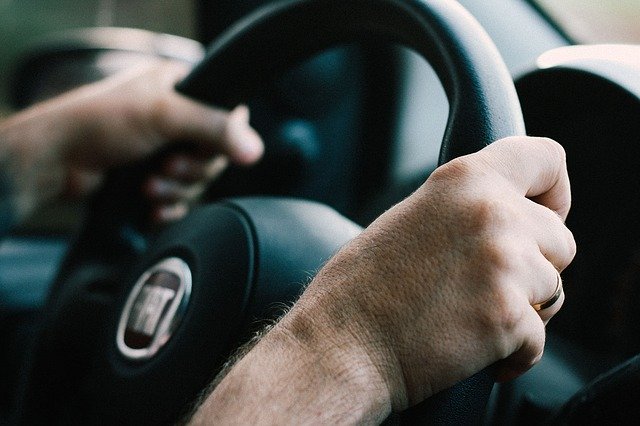While many of us are working from home and spending less time on the roads, our cars and their steering wheels can still be a hotbed for germs. A survey by CarRentals.com, part of Expedia Groups, reveals unsettling information about American’s lack of car cleanliness.
Among the results:
• About half of drivers surveyed neglect regular cleaning.
• One in three (32 percent) admitted to rarely cleaning the inside of their vehicles.
• Another 12 percent said they never clean the interior.
Now consider these findings for the average vehicle:
• It carries roughly 700 different strains of bacteria.
• It’s six times dirtier than the average cell phone screen.
• Steering wheels are four times dirtier than a public toilet seat.
• It’s two times dirtier than public elevator buttons.
According to the Centers for Disease Control and Prevention (CDC), washing hands and cleaning and disinfecting high-touch surfaces are among the best ways to prevent the spread of the coronavirus or COVID-19. Your Neighborhood Auto Repair Professionals (NARPRO) offer these ways to reduce the existence of coronavirus in your car:
Focus on high-touch areas:
It’s not just the steering wheel and door handles you need to clean often. The shift lever, touch screens, turn signals, wipers, seat belt buckles, driver door armrests, seat adjusters and key fobs need attention, too.
What to use?
The Environmental Protection Agency (EPA) lists disinfectants that meet the criteria against the virus that causes COVID-19. The more popular brand names include: Clorox Disinfecting Wipes, Lysol brand Clean & Fresh Multi-Surface Cleaner and Purell Professional Surface Disinfectant Wipes.
70% Isopropyl alcohol is safe for nearly every vehicle’s dashboard and dials. It’s a commonly used disinfectant in schools and hospitals. Vigorous washing with soap and water will work too and may be a better choice if you have older, cracked leather and fabric.
Avoid products that are ammonia-based or that contain bleach or hydrogen peroxide. They can damage vinyl and plastics.
As our temperatures increase, you may want to reconsider storing a large bottle of hand sanitizer in your car. Heat buildup could cause the bottle to expand and leak creating a mess. Try carrying a bottle you can use in the car and other places.
While no amount of cleaning can guarantee you’ll avoid the coronavirus the experts agree that vigilance is critically important to preventing the spread.
Vacuuming the car:
• Remove floor mats and shake out loose debris. Set them aside.
• Use a vacuum brush attachment on the front and back floorboards.
• Thoroughly run the vacuum along the seats and seat backs.
• Vacuum the floor mats before placing them back inside.
• Remove items from trunk and vacuum.
Professional repair facilities can take your vehicle beyond clean by sanitizing the air condition filter and ducts. Their equipment and processes can eliminate mold, mildew, viruses, bacteria and volatile organic compounds.




